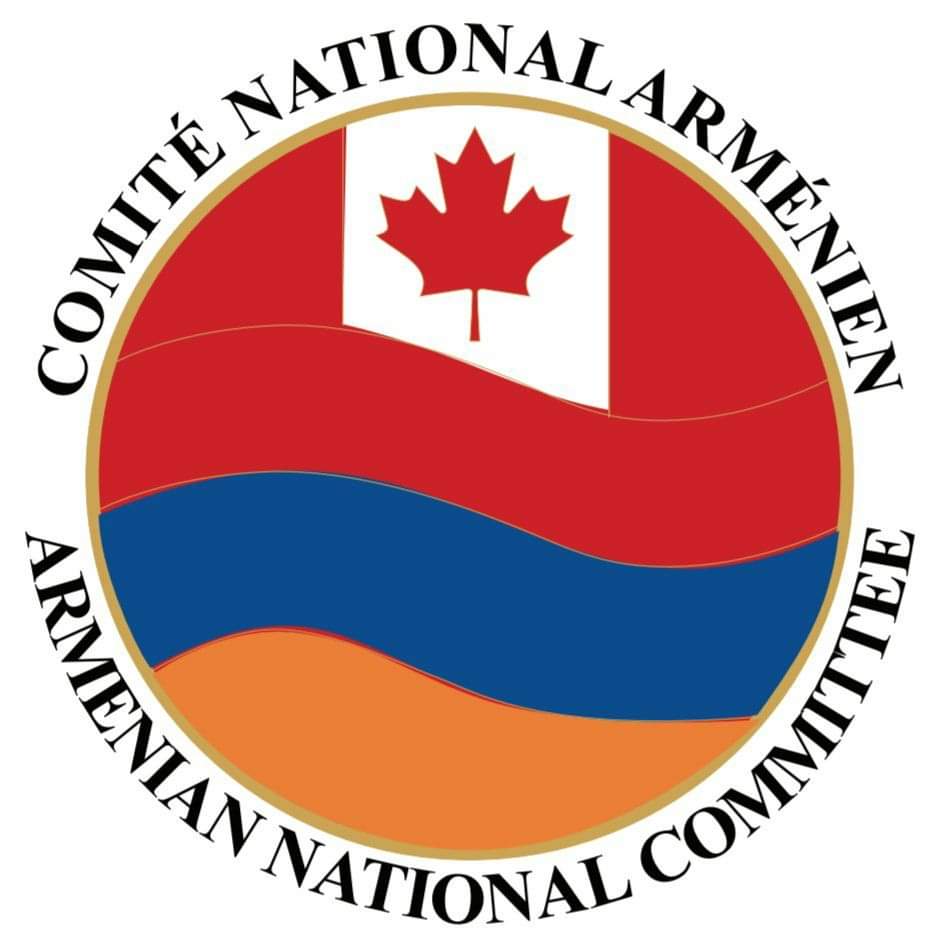TORONTO (Globe and Mail)--A book about genocide has been pulled from the recommended reading list of a new Toronto public school course because of objections from the Council of Turkish Canadians.
Barbara Coloroso's Extraordinary Evil: A Brief History of Genocide was originally part of a resource list for an 11th grade history course entitled "Genocide and Crimes Against Humanity," set to launch across the Toronto District School Board this fall.
The book examines the Holocaust, which exterminated six million xxxs in the Second World War; the Rwandan slaughter of nearly one million Tutsis and moderate Hutus in 1994, and the Genocide of more than a million Armenians in 1895, 1909 and 1915-1923.
But a committee struck to review the course decided in late April to remove the book because "a concern was raised regarding [its] appropriateness.... The Committee determined this was far from a scrupulous text and should not be on a History course although it might be included in a course on the social psychology of genocide because of her posited thesis that genocide is merely the extreme extension of bullying," according to board documents.
Print Edition--Section Front
Director of education Gerry Connelly did not return calls seeking comment yesterday.
Coloroso, a best-selling author of parenting books, said she wasn't surprised her work was removed, given that "ever since the book came out, the Turks have mounted a worldwide campaign objecting to it, which is not surprising because of the denial of the genocide."
She said what upset her was not so much that her book had been pulled, but that it was replaced by works by Bernard Lewis and Guenter Lewy, who are ardent genocide deniers.
"I knew when I wrote Extraordinary Evil that I would anger some genocide deniers," she wrote to Connelly. "I am disappointed that a small group of people can bully an entire committee. ..."
The Council of Turkish Canadians gathered nearly 11,000 signatures on an online petition calling for changes to the course. Turkey denies the Genocide, claiming that they were the result of First World War casualties.
Aris Babikian, executive director of the Armenian National Committee of Canada, said Armenian-Canadians feel the course as it stands is headed "in the right direction."
"But we have some concerns about...the inclusion of Bernard Lewis and Guenter Lewy as reputable scholars. It will be unjust to the hundreds of scholars who have researched the Armenian genocide."
Very Sad.
Barbara Coloroso's Extraordinary Evil: A Brief History of Genocide was originally part of a resource list for an 11th grade history course entitled "Genocide and Crimes Against Humanity," set to launch across the Toronto District School Board this fall.
The book examines the Holocaust, which exterminated six million xxxs in the Second World War; the Rwandan slaughter of nearly one million Tutsis and moderate Hutus in 1994, and the Genocide of more than a million Armenians in 1895, 1909 and 1915-1923.
But a committee struck to review the course decided in late April to remove the book because "a concern was raised regarding [its] appropriateness.... The Committee determined this was far from a scrupulous text and should not be on a History course although it might be included in a course on the social psychology of genocide because of her posited thesis that genocide is merely the extreme extension of bullying," according to board documents.
Print Edition--Section Front
Director of education Gerry Connelly did not return calls seeking comment yesterday.
Coloroso, a best-selling author of parenting books, said she wasn't surprised her work was removed, given that "ever since the book came out, the Turks have mounted a worldwide campaign objecting to it, which is not surprising because of the denial of the genocide."
She said what upset her was not so much that her book had been pulled, but that it was replaced by works by Bernard Lewis and Guenter Lewy, who are ardent genocide deniers.
"I knew when I wrote Extraordinary Evil that I would anger some genocide deniers," she wrote to Connelly. "I am disappointed that a small group of people can bully an entire committee. ..."
The Council of Turkish Canadians gathered nearly 11,000 signatures on an online petition calling for changes to the course. Turkey denies the Genocide, claiming that they were the result of First World War casualties.
Aris Babikian, executive director of the Armenian National Committee of Canada, said Armenian-Canadians feel the course as it stands is headed "in the right direction."
"But we have some concerns about...the inclusion of Bernard Lewis and Guenter Lewy as reputable scholars. It will be unjust to the hundreds of scholars who have researched the Armenian genocide."
Very Sad.








Comment